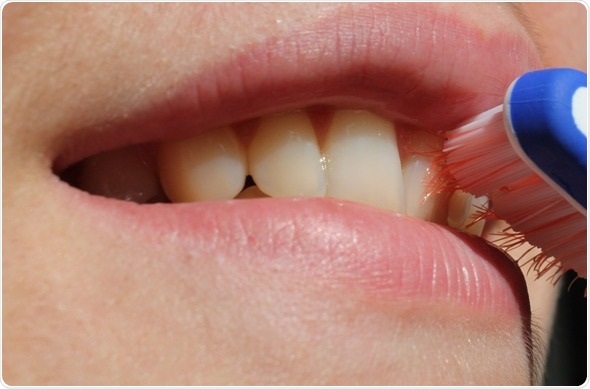Sep 15 2017
Skills for Health and Health Education England are launching a new free Oral Healthcare Elearning course to support anyone interested in learning more about oral health and mouth care. It will be particularly useful for those providing care for others.

The new Oral Healthcare Elearning course, commissioned by Health Education England, teaches learners about the importance of oral healthcare for themselves and those who they care for. The learning includes the latest guidance in oral healthcare and supports person-centred holistic care.
The Elearning was informed by oral healthcare professionals. The guidance complements the Care Certificate standards.
Key features of the course:
- Interactive learning scenarios complimented with CGI video;
- Track Training rates, progress and run completion reports;
- Stable robust Moodle platform with 99.9% reliability;
- Easy to use, accessible anywhere with an internet connection;
- New interactive templates, ensuring the learner is kept immersed in the learning throughout;
- Complementary to Care Certificate standards;
- Accessible 24/7.
John Rogers, Chief Executive of Skills for Health said:
We recognize the importance of ensuring that people being cared for maintain a good level of oral health. There is a strong link between oral health and general health, and maintaining good oral health brings benefits in terms of self-esteem, dignity, social integration and nutrition.
Professor Stephen Lambert-Humble MBE, Dean of Postgraduate Dentistry, Health Education England (Kent Surrey and Sussex) said:
We have been working with many partner organizations since setting up the Mouth Care Matters Initiative to ensure that knowledge and skills relating to the maintenance of good oral health in vulnerable persons is made a fundamental part of the training for all health and social care professionals at every level. Research has shown that one cannot have good general health without good oral health, and this straightforward process can be shown to both improve quality of life of recipients of this care, and also save the health service money.